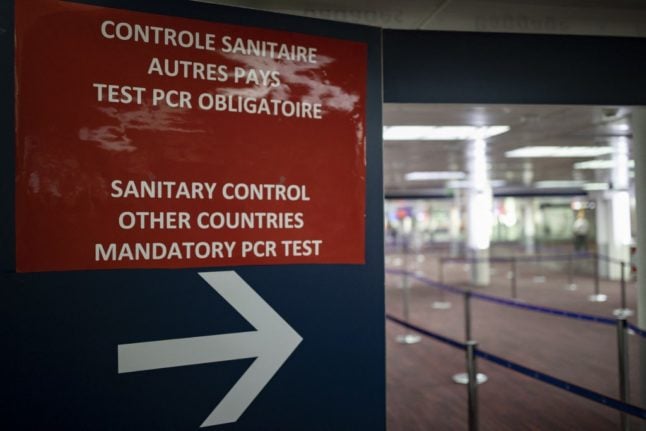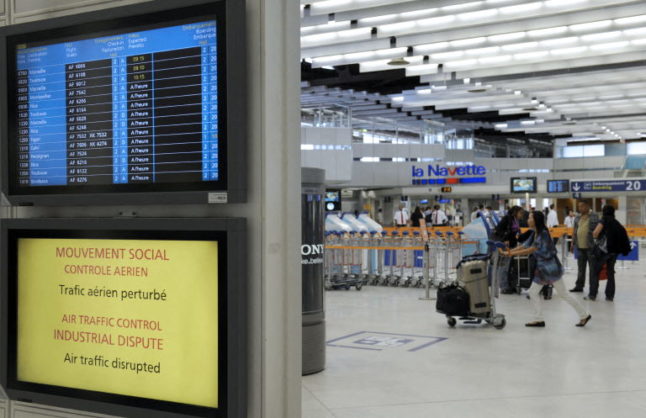Macron on Thursday set out the detailed timetable for reopening the country, including reopening bars and cafés and lifting the curfew.
And there was one date particularly important to Americans, who have largely been barred from France since March 2020. France had already eased the rules of entry for visitors from the UK, New Zealand and Australia.
The second stage of the reopening on Wednesday, June 9th includes the reopening of France’s borders to all non-EU visitors for all types of travel – including family visits, tourism and visits from second-home owners.
However, there are two important caveats:
Firstly, phase two only happens if Covid numbers are still under control after phase 1 of the reopening, which begins on May 3rd.
Secondly, all travel will be allowed only with a pass sanitaire, the president detailed.
This is a health passport, the same as France will also be introducing on June 9th to access things like concerts and large events.
The full details of what the pass sanitaire will involve have not yet been published, but a prototype that France is currently testing has options for travellers to either upload a vaccine certificate or a recent negative Covid test.
In March the French government announced it was lifting the requirement that meant only those people with “essential reasons” to travel to the UK were permitted to make the trip. Restrictions were also eased for travel to or from six other countries including Australia and New Zealand.
Anyone travelling in to France currently needs to present a negative PCR Covid test taken within the previous 72 hours and fill in a declaration stating that they have no Covid symptoms.
There is no compulsory quarantine for arrivals in France from the US, UK, Australia or New Zealand, but people coming from a non-EU country are asked to self-isolate for 7 days on arrival. This can be done at an address of their choice.
Travellers from India and Brazil however face 10-day compulsory quarantine on arrival in France and could be subject to steep fines if they flout the rules.
READ MORE: Everything you need to know about travel rules between France and UK



 Please whitelist us to continue reading.
Please whitelist us to continue reading.
Ironic that France is welcoming vaccinated Australians after the EU went to so much trouble to stop them getting the vaccines they’d paid for.
So they can come here and we are free to travel to the usa as well at the same date?
I know there is a lot to learn about all this in the days and weeks ahead. I’m an American with a second home in Provence. My husband and I are both 1 month+ past our second vaccine dose. It wasn’t clear from the article… if we were to come to France after June 9, would we still have to quarantine for seven days?
Kathy, you won’t need to quarantine if you’ve been vaccinated. We also have a second home in the Luberon and are excited to return in July.
This is Roger.
We have a second home in the Dordogne which haven’t been able to visit since January 2020.
Unfortunately, we live in South Africa.
If my wife and I manage to obtain a full vaccination (J&J) in the next few weeks, will we be able to visit our home. Self isolation is not a problem…… I’m sure there are plenty of maintenance jobs waiting for me.
This is Roger.
We have a second home in the Dordogne which haven’t been able to visit since January 2020.
Unfortunately, we live in South Africa.
If my wife and I manage to obtain a full vaccination (J&J) in the next few weeks, will we be able to visit our home?
Self-isolation is not a problem…… I’m sure there are plenty of maintenance jobs waiting for me.